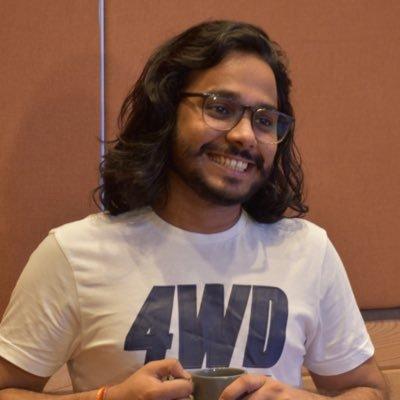
We are excited to announce that Dozer, is now open source! The Apache 2.0 license 🎉. With this move, we aim to empower the community to build and scale real-time data applications more effectively.
Dozer simplifies the process of connecting applications to various data sources, such as PostgreSQL, Kafka, or other databases & sources, enabling developers to easily unify data across different sources. By making Dozer open source, we are inviting developers to contribute to its growth and help shape the future of real-time data applications.
What is Dozer?
Dozer is a Real-Time Analytical Layer for your LLMs and Data Products. It enables easy real-time data products development, deployment and maintenance. Aim of the product is to enable developers to build customer facing analytical products without having to worry about building infrastructure. Dozer is built in Rust and utilises Clickhouse for serving low latency analytics. With a few lines of SQL and a simple YAML configuration, you can build, deploy and maintain full data backends. Dozer is designed to be easy to use, scalable, and flexible, making it an ideal platform for building real-time data applications.
Why Open Source?
There are several reasons why we decided to make Dozer open source:
Community-driven innovation: We want developers from all over the world to contribute their ideas,and provide valuable insights, improvements, and fixes, leading to a more innovative and robust platform, and faster development cycles.
Transparency and trust: We want to enable users to view and understand the underlying code, fostering trust in the platform and ensuring that it meets their needs and expectations. Especially how data is being stored and processed.
Collaboration and learning: We encourage developers to collaborate, share ideas, and learn from one another. We want to foster a strong community that helps developers grow their skills and expertise in the real-time data space.
Getting Started with Dozer
To help you get started with Dozer, we've created documentation and tutorial blogs that guide you through the process of setting up, configuring, and using Dozer for your data applications. You can find these resources on our official documentation site and can also follow Dozer on dev.to or additional resources on getting to know & use Dozer better!
How to Contribute?
We welcome contributions from the community! If you're interested in contributing to Dozer, please check out our GitHub repository for the guidelines. Whether you want to submit a bug report, suggest a new feature, or contribute code, we appreciate your help in making Dozer even better.
We also encourage you to check out the following resources to know other ways of contributions:
- Show and tell GitHub discussion forum: We have setup a GitHub discussion forum, where you can share your Dozer projects, and experience, ask questions, do a feature request, and connect with fellow Dozer community members. Feel free to join the conversation and share your own projects & ideas! Additionally, we have also created a discord channel to give developers an opportunity to showcase and talk about their projects. Join our discord channel, If you’ve built something using Dozer, we’d love to see it!
You can also join our community discord to see what we are cooking at Dozer 👩🍳 👨🍳
Conclusion
We believe that by making Dozer open source, we are empowering the developer community to build amazing real-time data applications. We look forward to seeing the project and ideas that arise from this collaborative effort, and we're excited to work together to shape the future of real-time data! Together, we can shape the future of real-time data and contribute to the ongoing success of open source software. 🚀
Happy coding ! 🚀👩💻👨💻
